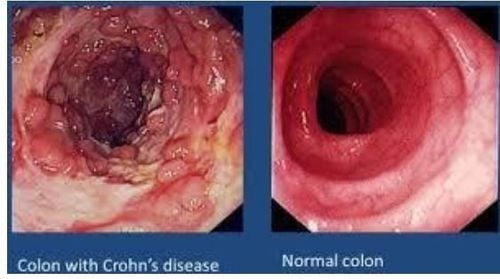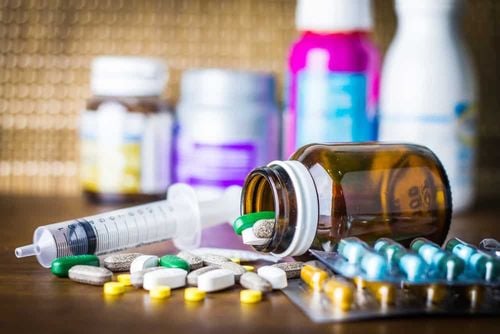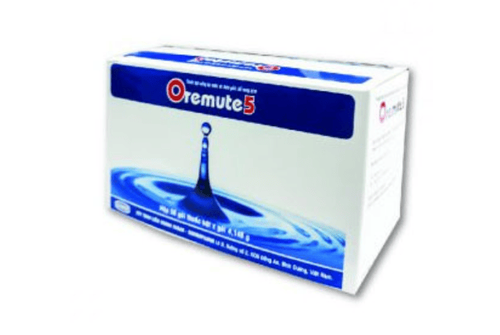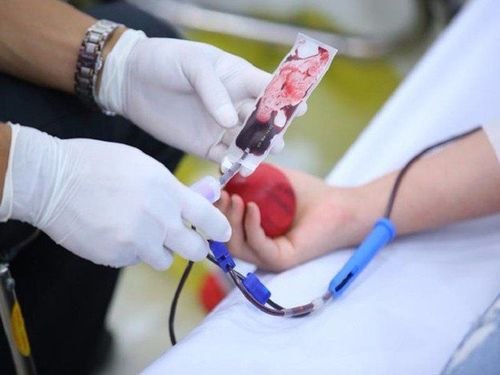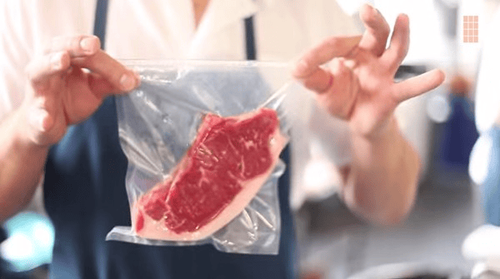This is an automatically translated article.
Donating blood is a noble gesture, helping people with serious diseases. However, donating blood can lead to some side effects such as fatigue and anemia. Therefore, it is important to eat right before and after donating blood to reduce the risk of side effects.
1. What should I eat before donating blood?
1.1 Foods rich in iron
Iron is an important mineral that the body uses to make hemoglobin. Hemoglobin is responsible for transporting oxygen from the lungs to the organs of the body. Eating a balanced diet with iron-rich foods will help your body store extra iron. If the body does not have enough iron stores to make up for the iron lost when donating blood, iron deficiency anemia can occur.
Therefore, before donating blood, you should consider increasing your intake of iron-rich foods. This helps increase iron stores in the body, while reducing the risk of iron deficiency anemia. Foods rich in iron include: Eggs, meats (beef, lamb, veal, pork), poultry, fish and shellfish (tuna, shrimp, mussels, oysters, mackerel), animal liver, spinach, sweet potatoes, peas, broccoli, beets, bok choy, kale, mustard greens, breads and cereals, fruit (strawberries, raisins, watermelon, berries) figs, plums, apricots), beans,...
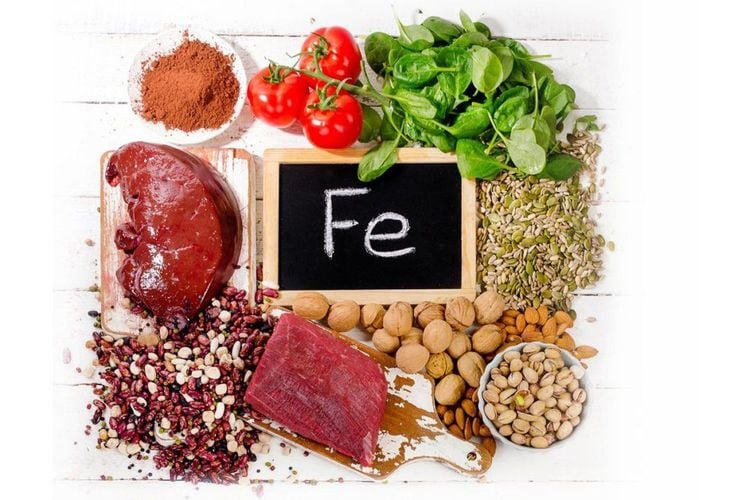
Trước khi hiến máu nên ăn những thực phẩm giàu chất sắt
1.2 Foods rich in vitamin C
Vitamin C helps the body better absorb iron from plant sources. Fruits rich in vitamin C include: cantaloupe, kiwi, mango, citrus fruit, papaya, pineapple, strawberry, raspberry, blueberry, watermelon, tomato,... Before donating blood, each person should actively increase their intake of foods rich in vitamin C.1.3 Drink lots of water
Water makes up about 50% of donated blood. Therefore, it is necessary to drink enough water before donating blood. If the body loses water during blood donation, blood pressure can drop, leading to dizziness. Therefore, before donating blood should drink 2 glasses of filtered water or non-alcoholic beverages. In addition, it is recommended to drink about 9-13 cups of water per day.
2. What should be avoided before donating blood?
Some foods and drinks to avoid eating and drinking before donating blood include:
Alcohol: An alcoholic beverage that leads to dehydration. The donor should not drink alcohol 24 hours before donating blood. If you drink alcohol, you should compensate by drinking more water Fatty foods: French fries, ice cream, ... eaten before donating blood can affect blood test results. So, avoid high-fat foods on blood donation day Foods that reduce iron absorption: Certain foods and drinks can affect the body's ability to absorb iron. While it is not necessary to avoid these foods completely, users should avoid eating them at the same time as iron-rich foods or iron supplements. Foods that reduce iron absorption include coffee, tea, calcium-rich foods (milk, cheese, yogurt), chocolate, red wine) Aspirin: If you donate platelets, you need to make sure you don't take aspirin. within 48 hours prior to donation.
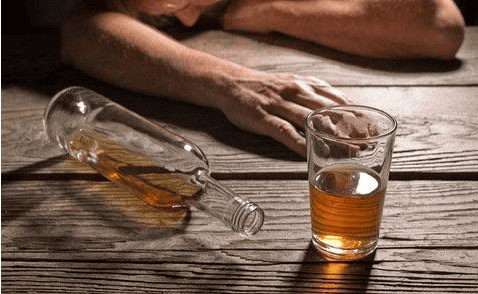
Rượu, thực phẩm nhiều chất béo, thực phẩm làm giảm khả năng hấp thụ chất sắt,... là một số thực phẩm cần tránh trước khi hiến máu.
3. What to eat after donating blood?
After donating blood, blood donors will be provided with snacks and drinks to stabilize blood sugar and body water levels. To rehydrate the body, need to drink 4 more glasses of water within the next 24 hours and avoid alcohol.
Some other important notes on nutrition after donating blood:
Drink lots of water, you can drink sugar water to replace iron, make blood Within 1 month after donating blood, it's best not to drink condensed tea. The reason is because tea contains a lot of tannic acid, which easily combines with protein and iron to create residues that are not absorbed by the body. Therefore, the body cannot absorb protein and iron, affecting the regeneration of blood cells. Use a lot of hematopoietic foods, ie foods rich in protein, iron, folic acid and vitamin B12. The body soon absorbs these substances will have a quick blood-tonic effect. Protein-rich foods include milk, eggs, lean meat, legumes,... Foods rich in iron include animal organs, jellyfish, shrimp, seaweed, shiitake mushrooms, peas, longan, .. Foods rich in folic acid include pig liver, pig kidney, beef,... Vitamin B12 is found in animal liver, pig kidney, goat kidney,...
4. Some notes before and after donating blood
In addition to nutrition, before donating blood you need to pay attention to a few issues:
The night before blood donation, you need to get enough sleep, don't exercise too much hungry. Breakfast should use frugal foods such as porridge, bread,...; 2 days before donating blood, if you have symptoms of fever, cold, cough, etc., you should stop donating blood. Pay attention to rest, sleep 8 hours a day. After donating blood, do not do physical work and exercise too much, need to let your body adapt. Just eat scientifically, reasonably, deliciously and have enough nutritional value to restore the blood loss. Each healthy adult of an appropriate age, when donating blood 200ml/time only accounts for 1/20 of the total blood volume of the whole body, so it does not affect health. Besides, after donating blood, timely nutritional supplementation will help restore health quickly, without side effects.
With the above information, you must have answered the question of what to eat before donating blood. Paying attention to nutrition and exercise before and after blood donation not only brings good blood quality, but also ensures a quick recovery of health.
In case you want to check the quality of blood that is eligible to give as well as your condition is suitable for blood donation, you can choose a general health checkup package at the International General Hospital Vinmec for a comprehensive health check.
With this package, customers can have their blood pressure measured, blood tests, liver and kidney function, x-ray, ultrasound taken, etc. to check and assess the risks affecting their health. for prompt intervention.
Please dial HOTLINE for more information or register for an appointment HERE. Download MyVinmec app to make appointments faster and to manage your bookings easily.
Reference source: healthline.com




